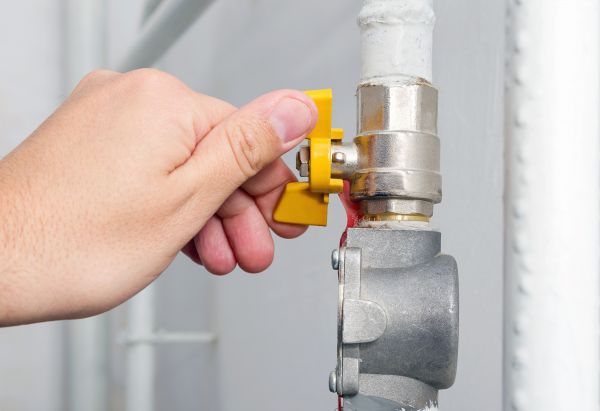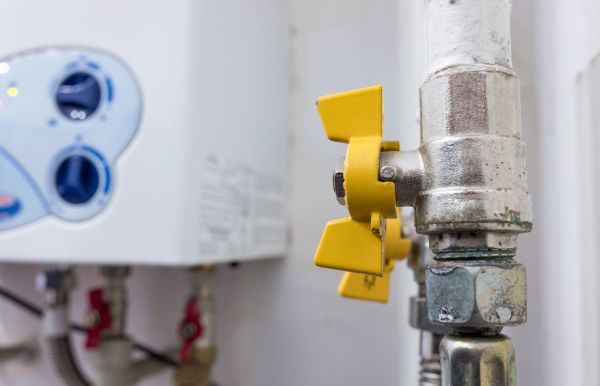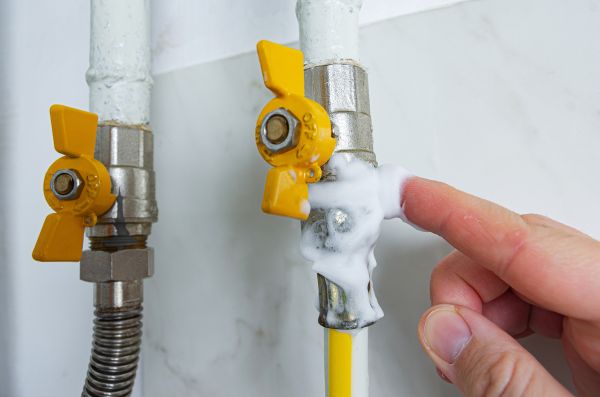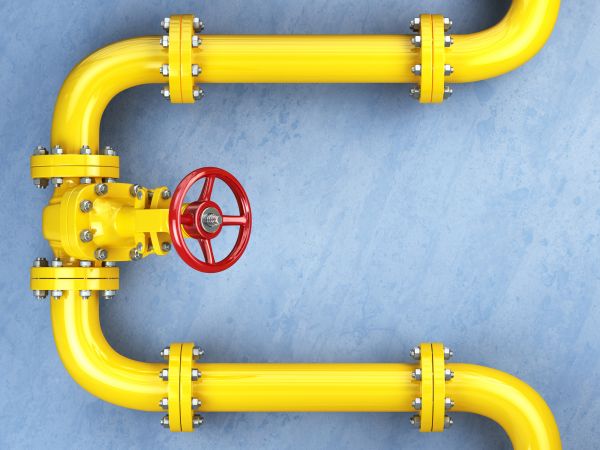Natural Gas Piping Service
Affordable Natural Gas Piping
Natural gas piping is a crucial component in the infrastructure of both residential and commercial properties, facilitating the safe and efficient delivery of natural gas to appliances and heating systems. This piping system is designed to withstand various environmental conditions, ensuring a reliable and continuous supply of energy. Natural gas is a cleaner-burning fuel compared to other fossil fuels, making it an environmentally friendly option. Proper installation and maintenance of natural gas piping are essential to prevent leaks and ensure safety, highlighting the importance of professional expertise in its handling.
Benefits of Natural Gas Piping
-
Energy Efficiency
Natural gas is a highly efficient energy source, providing more energy per unit than electricity. This efficiency translates into cost savings on energy bills, as natural gas appliances tend to use less energy to operate compared to their electric counterparts. -
Environmental Impact
Utilizing natural gas can significantly reduce carbon emissions. It burns cleaner than other fossil fuels, producing fewer pollutants and greenhouse gases. This makes it an attractive choice for those looking to minimize their carbon footprint and contribute to a healthier planet. -
Reliability
Natural gas pipelines are buried underground, which protects them from weather-related disruptions that can affect other energy sources. This reliability ensures a constant supply of energy, which is particularly important in maintaining essential services during severe weather conditions. -
Versatility
Natural gas can be used for a wide range of applications, from heating and cooking to powering vehicles and industrial processes. This versatility makes it a valuable resource for both residential and commercial purposes, providing flexibility in energy use.
FAQs About Natural Gas Piping
What materials are used for natural gas piping?
Common materials for natural gas piping include steel, copper, and flexible polyethylene. The choice of material depends on the specific requirements of the installation and local building codes.
How often should natural gas piping be inspected?
It is recommended to have natural gas piping inspected annually by a qualified professional to ensure safety and functionality. Regular inspections can help detect potential issues early and prevent costly repairs.
Can natural gas piping be installed in any home?
Most homes can accommodate natural gas piping, but the feasibility depends on the proximity to existing gas lines and local regulations. A professional assessment is necessary to determine the best approach for installation.
What should I do if I suspect a gas leak?
If a gas leak is suspected, evacuate the area immediately and contact emergency services. Do not use electrical devices or open flames as they could ignite the gas.
Fill out the contact form to request Natural Gas Piping today! Experience the benefits of professional installation and enjoy the efficiency, reliability, and versatility that natural gas offers.




